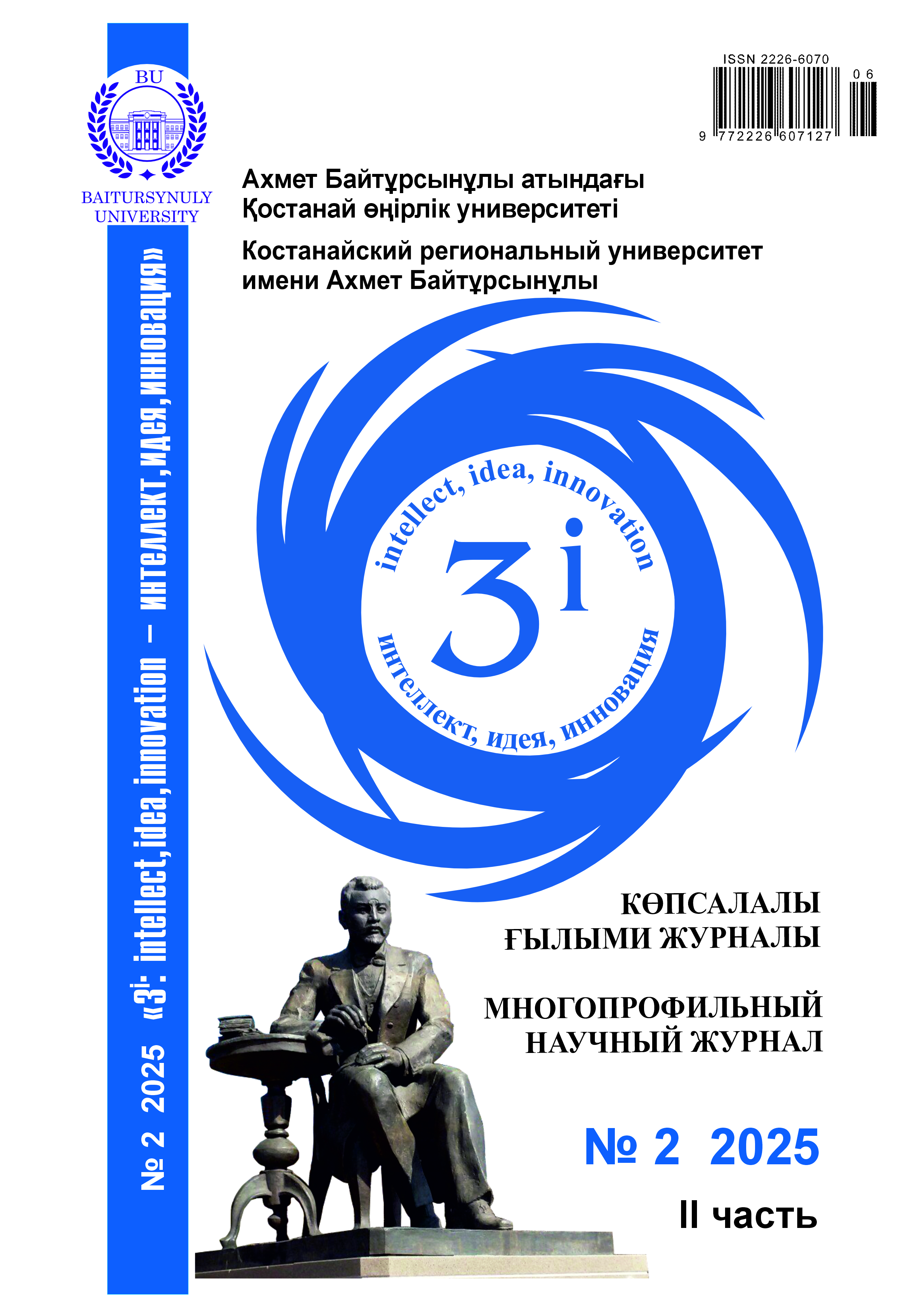METHODOLOGICAL AND EXPERIMENTAL ROLE OF THE «CARBONYL COMPOUNDS» ELECTIVE IN THE SCHOOL CHEMISTRY CURRICULUM
DOI:
https://doi.org/10.52269/RWEP2522178Keywords:
carbonyl compounds, competence, methodology, effective training, elective courseAbstract
This article proposes an elective course on carbonyl compounds in the school chemistry curriculum. The article discusses the importance of carbonyl compounds in nature, pharmaceuticals and industry, and provides examples of biologically important molecules containing carbonyl groups. The elective course is based on explanation of the electronic structure, polarity and geometry of the carbonyl group, emphasizing the influence of the electronic structure of the carbonyl group on its reactivity and properties. Methods for experimental analysis are presented, including the synthesis and identification of carbonyl compounds using available laboratory reagents and equipment. Particular attention is paid to organizing laboratory classes in accordance with safe methods of working with chemicals and safety requirements. The article highlights the need for a deeper understanding of carbonyl compounds than is typically offered in standard textbooks. This elective course is designed to provide high school students and chemistry teachers with a thorough understanding of carbonyl compounds. At the end, the possibilities of introducing the study of carbonyl compounds into the general curriculum and developing student competencies in the chemistry subject are considered. The article is dedicated to teachers and school students to enrich their knowledge and practical skills in the organic chemistry.




